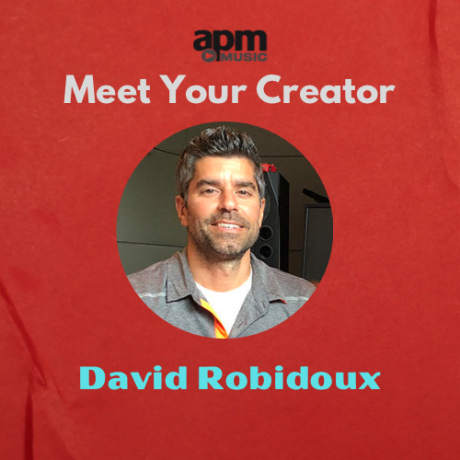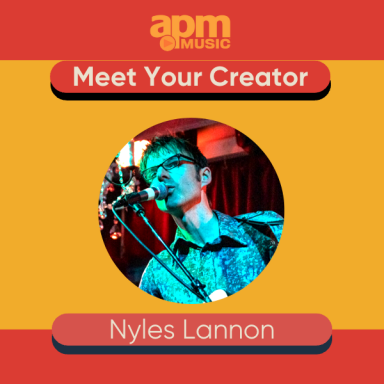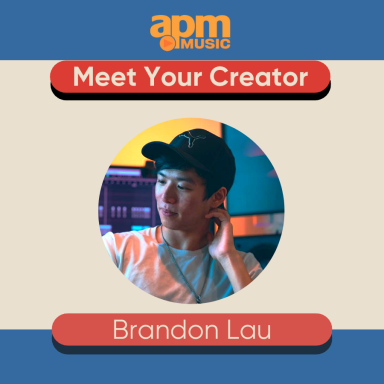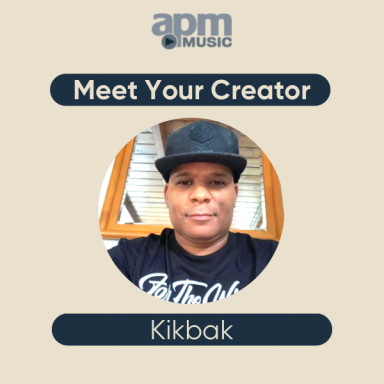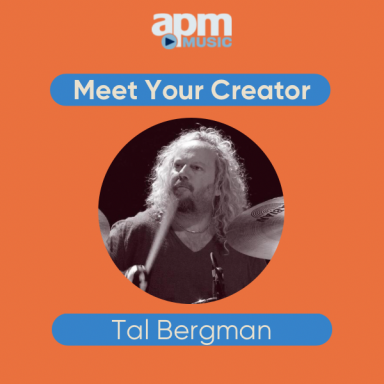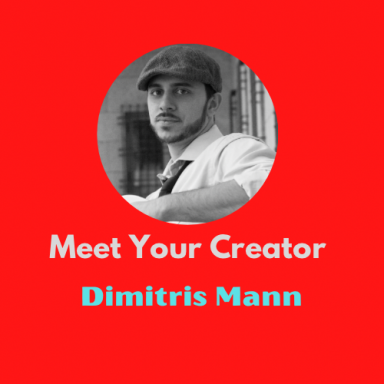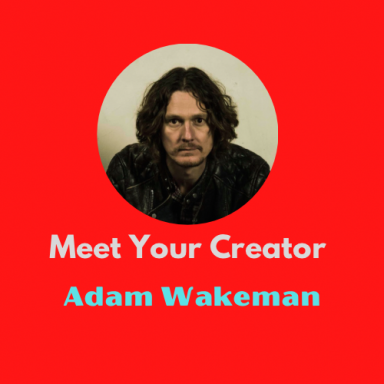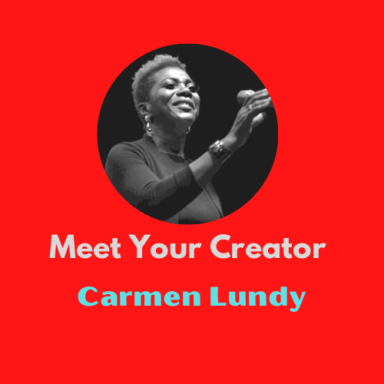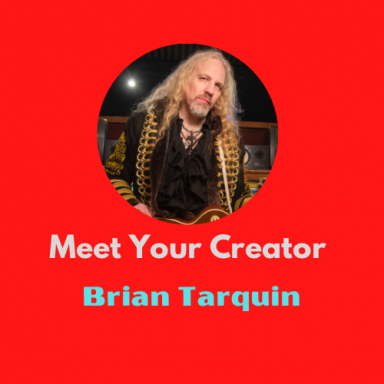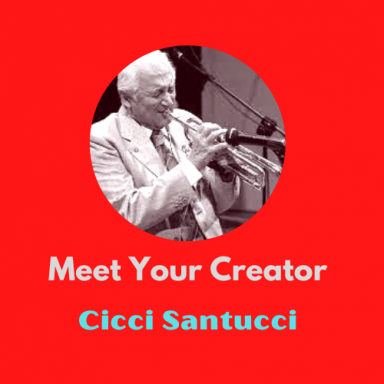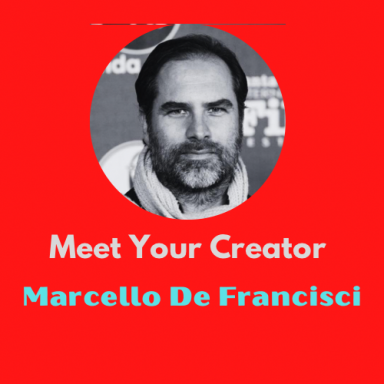Meet your Creator: David Robidoux
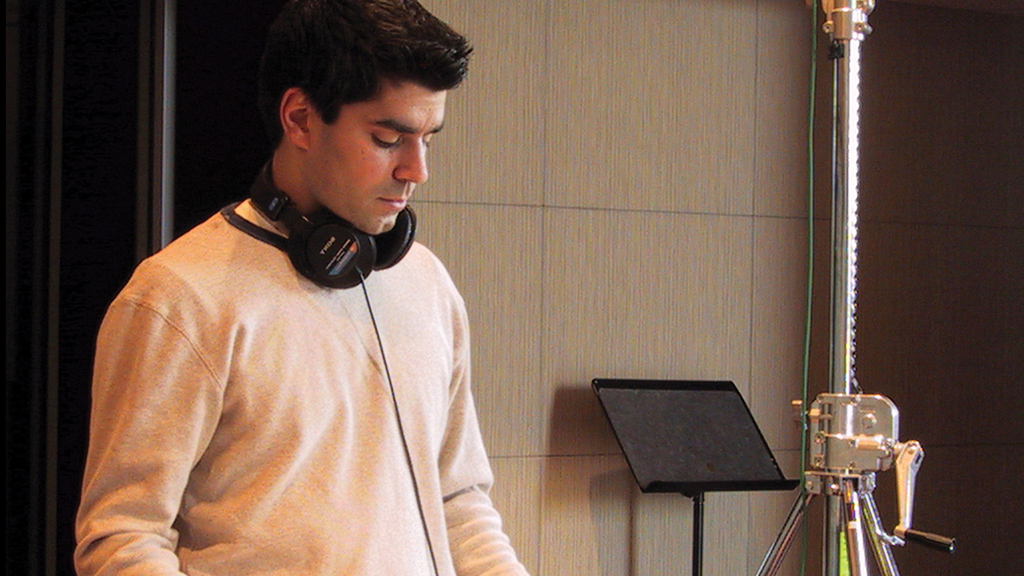
David Robidoux
By Sam Freeman
David Robidoux is a multi-Emmy-winning composer who works as the Senior Composer and Original Music Director at NFL Films. He's been involved with the league since landing an internship in the early 90s, and his compositions have appeared on everything from the Super Bowl, EA Madden, HBO Hard Knocks, Monday Night Football, All American, It's Always Sunny in Philadelphia, and NCIS. His works have also been used in marketing blockbuster films such Jurassic World: Dominion and the John Wick franchise.
We had the good fortune of interviewing David about his background and ongoing work with the NFL and even other sports leagues like NASCAR and the MLB.
Hi David. In terms of your background, is it true that you came up as a jazz guitarist, initially studying with Gene Bujnovsky?
David: Yes, that's right. Studying with Gene gave me a grounding in jazz harmony which has paid off to this day. Even though I grew up with 80s rock and early hip-hop, my jazz sensibilities helped me immensely in the film scoring world, and once I got to high school, the music program offered Concentration Studies In Music which involved music theory, sight singing, ear training, etc.
Upon graduating high school, you attended Berklee School of Music. What prompted you to go there?
David: There weren't many colleges that offered a curriculum like Berklee at the time. My parents were hesitant about me pursuing a career in music, but when my dad saw "audio engineering" as one of the Berklee majors, he said, "You can attend that school if you pick this major." He's an electrical engineer, but he had no idea that "audio engineering" had nothing to do with the technical sciences (laughs).
On the strength of my high school music studies, I passed out of the first year of theory classes at Berklee, which put me ahead of my peers. I eventually graduated with a dual degree in Music Engineering/Production as well as Film Scoring.
How did the internship door open to NFL Films in 1991?
David: NFL Films contacted Berklee to see if any students were interested in an internship, and one of the teachers mentioned my name. I'd grown up around Philly and loved NFL Films, but I pictured it as a company with 60-year-old guys sitting around a Moviola machine. I wanted to work on contemporary movies in LA and didn't see how NFL Films would help with that, so I didn't contact them at first, but whilst waiting in line for studio time at Berklee, I grabbed an audio magazine with a cover picture of a studio with an SSL console. When I flipped the cover over, and it said "Studio A at NFL Films", I realized it wasn't a place filled with 60-year-olds (laughs). I called them up, drove down for the interview, and got the internship.
I worked for three months for free, but it allowed me to start writing music for their film producers alongside another composer, Tom Hedden.
How were you composing back in 1991 when you didn't have VSTs or sample libraries to accurately recreate orchestral sounds?
David: The material we made in 1991 wasn't live orchestral music; we were using keyboards and early samplers like the Akai S900. We also used acoustic instruments - I played guitar, Tom was a bassist, and Vince Caputo handled drums. At the time, NFL Films was releasing compilation home videos like NFL Rocks and NFL Country, so we were able to compose a lot of stuff for those releases.
Nowadays, you also compose for NASCAR, MLB and Showtime. How do you get those opportunities when you're already the Senior Composer and Original Music Director at NFL Films?
David: NFL Films is a unique place that was run by Steve and Ed Sabol. Many people are unaware of what they've done throughout the industry because they're so known for just NFL Films, but Journey's "Faithfully" video was done by us, and we eventually became a real force at filming live concerts due to the skills of our cameramen and sound guys. We even shot the NBA Finals and The World Series, so it was natural to start getting requests for original music from other sports. NASCAR was the first to request a theme from us, followed by Showtime and HBO. We've also worked on projects that weren't branded under NFL Films, like stuff for the History channel.
It seems that you have quite a workload in composing for all the different shows. Do you have a team that helps you out, or are you doing most of it on your own?
David: I have a great team that's composed of a creative side and an administration side. On the creative side, I hired a great composer in Ryan Scully, about five years ago to help with the workload. I also have a Music Production Manager, Matt Amadio, and he takes care of everything we need apart from composing, which is a crucial job in this era of large Pro Tools projects and uploading countless file formats onto music platforms. Additionally, Matt interfaces with Steve Moseley, our mix engineer, who also does the post-audio mixes on our films.
On the admin side, I hired a great veteran of the music publishing space, Peter Poulos.
Nowadays, it's not just the major networks we deal with but also streaming services, so music publishing was taking up more and more of my time, especially after we brought all our music rights in-house three years ago. We were previously partnered with Cherry Lane Music and BMG but decided to handle it ourselves, so the workload became a lot, and Peter was a great hire to help with that. He has a team comprised of Alex Monson, Agie Simon, and Austin Hendrix, who help him because our music publishing has grown so much; plus, we also cue sheet every piece of content the NFL produces for TV, streaming, and the internet.
How involved is the NFL in the music-making process for its programs? Is it a tightly controlled operation?
David: It varies. The process for the NFL Network is very different from that of NFL Films, especially since the latter focuses on long-form content. For NFL Films, I'm brought in very early, sometimes at the conception stage of a project. It's common for production companies in LA to have their music teams and filmmakers work separately, but at NFL Films, we go to lunch with our producers, and they'll share ideas so we can start working on the music early. That's what Steve Sabol wanted - he aimed to have everything under the same building. With the NFL Network, it's more traditional because they're live TV-oriented, which implies different logistics and deadlines, in which case we will wait until the show is completed before we start writing.
Given the quantity of music you're asked to write each year, how do you avoid creating generic material that gets recycled for each new occasion? Isn't it common for this kind of uplifting orchestral music to be used everywhere?
David: In the music industry, there's definitely a devaluing going on from the sheer volume of new music being made. Streaming services have thrown a lot of stuff at the wall to see what sticks, and there's a lot of orchestral music in their shows which leaves the average listener unable to tell what's live and what's a sample library. The major labels went through a similar experience in the 90s and 2000s when the more creative executives were taken out of leadership roles and replaced by lawyers who stopped going to live shows to find real talent. Instead, they just put out more of whatever was already selling. I think some version of this is happening throughout all entertainment nowadays, and in music specifically. We've lost the people who can sort through things and make qualitative determinations. Thankfully, Steve Sabol and NFL Films still see the value in paying musicians to play our orchestral music because Steve recognized the difference between live music and samples. It's one of the things that keeps us unique in an industry that pumps out music.
Live musicians notwithstanding, do you have any favorite VST orchestral libraries that you turn to?
David: It depends on where the initial material was recorded because we try to match up the libraries to the sound of what we've already captured. I think Performance Samples is phenomenal, and their Pacific series is great. We also use the Audio Imperia libraries like Areia Strings, but we have access to everything in the market and will move from one library to the next as needed.
As one would expect, your work can be found in much of the NFL music library on APM. Which other people have contributed to that?
David: Ryan Scully has a bunch of CDs in the library, and so does Tom Hedden. Sam Spence is an icon whose work is a defining part of the library, so his stuff is included. Aside from previous albums, we try to keep things varied by doing a contemporary release, followed by an orchestral one and a retro one.
How much of the music in the NFL ecosystem is composed by you or your team, as opposed to the legacy material from the 70s and 80s?
David: That varies from show to show. All the show themes on the NFL Network are original compositions by us, along with show content. NFL Films shows are almost all NFL music, either newly composed or from the huge library we've built up over 45 years. Our flagship shows like America's Game, Hard Knocks, A Football Life, NBC highlights, and 30 for 30 are scored specifically by us.
How active are you in production music as a solo composer? Have you released any material prior to working with APM?
David: I did some stuff for Sonoton early in my career, but when the NFL Network was created, it significantly increased my workload, so I had to cut back on other things. There's only so much time in a day.
What's the relationship been like between the NFL and APM, and how long has it existed?
David: We started our relationship with APM in 1996, and it's the longest relationship the NFL has had with any music entity. APM and Adam Taylor have been amazing, along with Connie Red's guidance since the beginning in 1996. They've helped us stay current but also continued to honor the unique sound that NFL Films music is known for. Unfortunately for us, Connie retired after so many years, but she left us in competent hands as Adam's team made it so easy for us to present our music to clients.
What do you think the NFL has found to be the biggest advantage in continuing to work with APM?
David: We're lucky that APM recognizes that we offer something unique and don't want to change us. I think other libraries would have tried to conform us to what was selling the most at a particular time, whereas APM wants to make sure it's presented properly and gets distribution to as much of the world as possible.
Thanks for taking the time to talk about your work David. What kinds of projects do you have in the works for the rest of the year?
David: We have a lot going on. Ryan's working on an SEC film about how college football started doing night games - it's called Saturday Night Lights. We're also working on the Road to The Super Bowl recap for Super Bowl Sunday pregame, which is where our biggest orchestral music gets used. We're also doing a 30 for 30 film on the 2000 Baltimore Ravens, followed by another one on Reggie White. Of course, Hard Knocks and more A Football Life films. There are a bunch more productions I can't mention, so it'll be a busy 2023.
Listen to David's compositions, many of which are in the NFL Music Library
